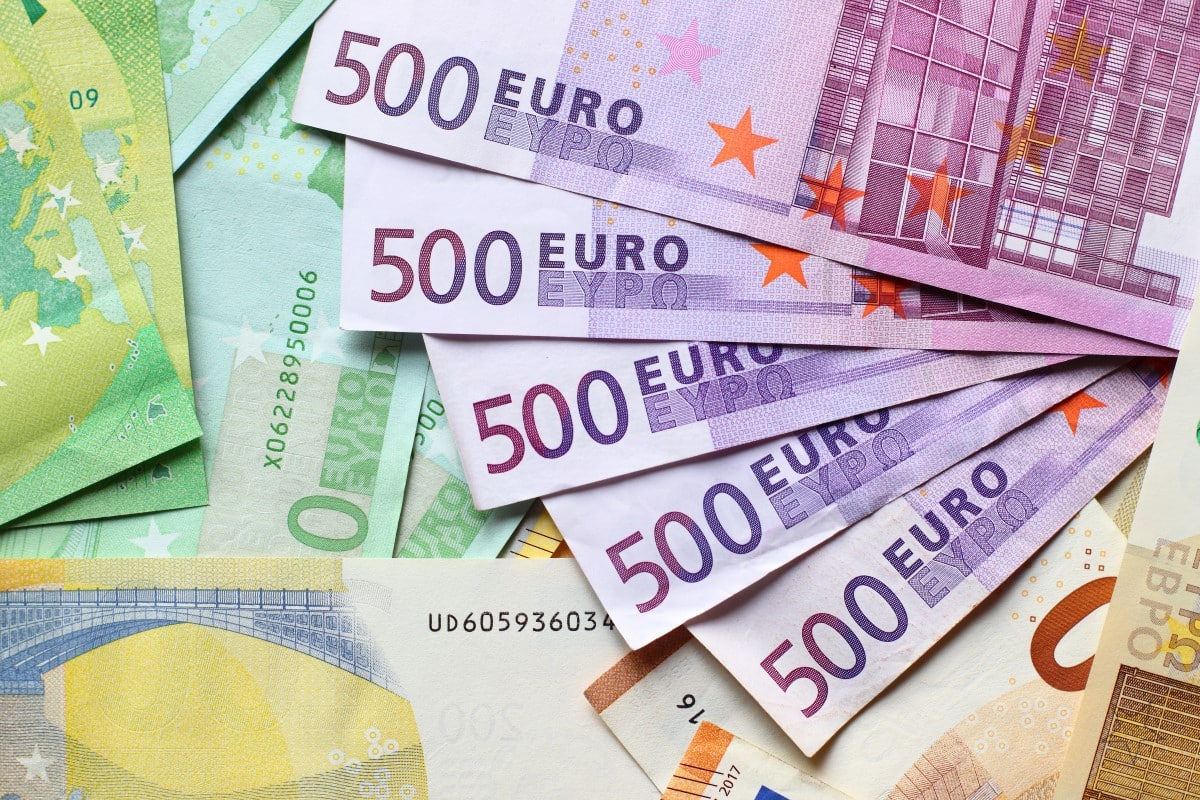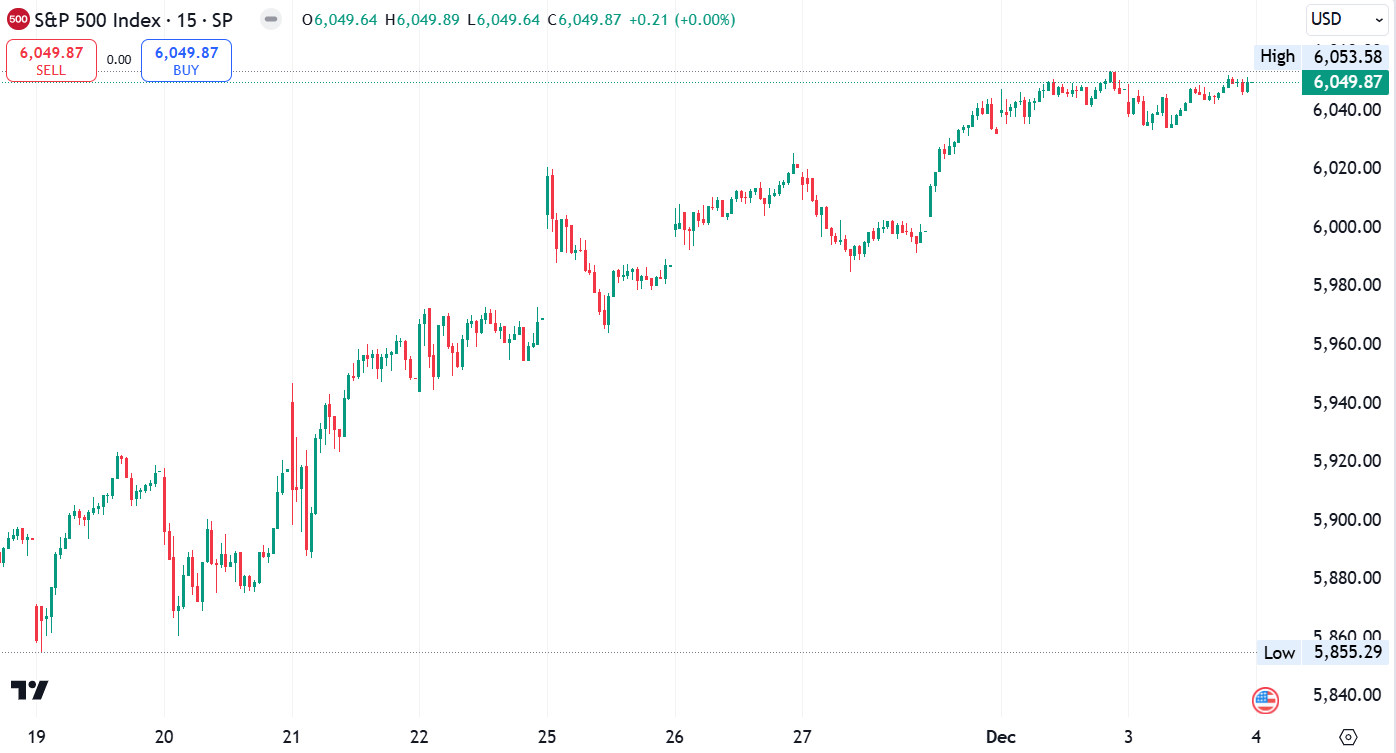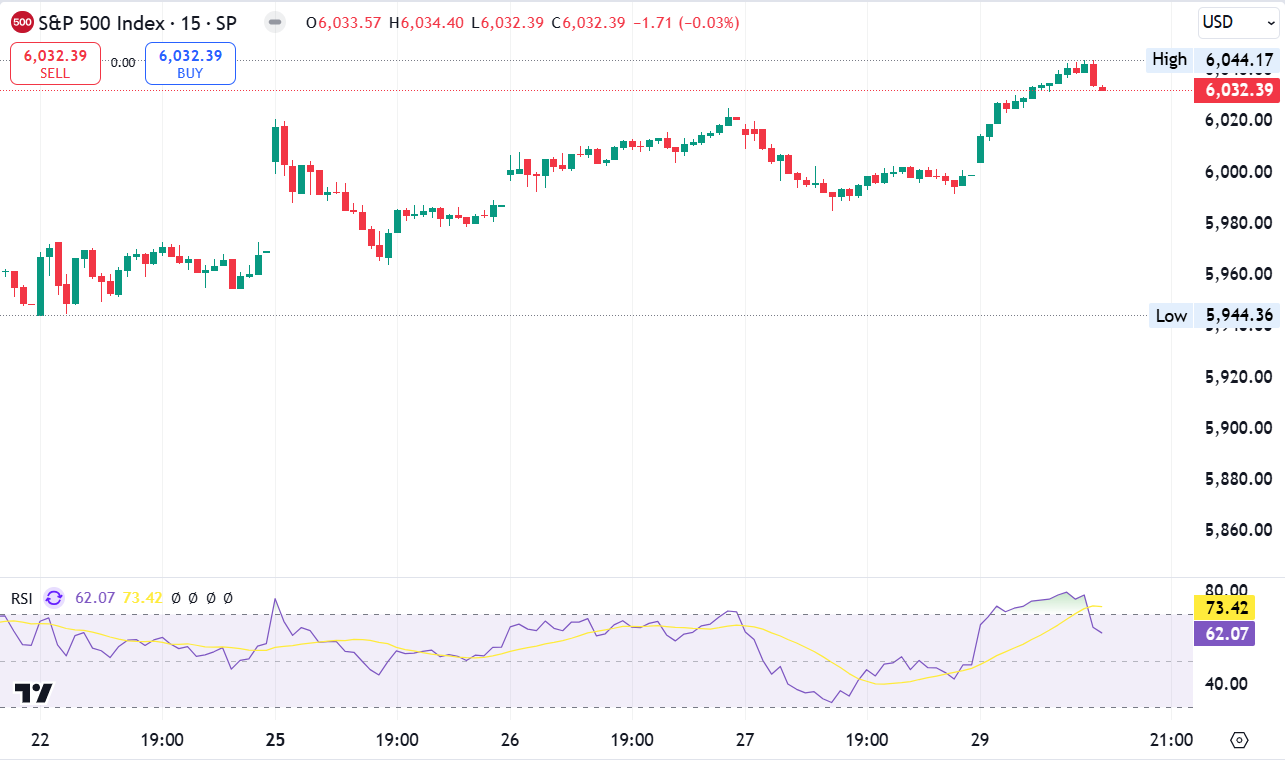EUR/USD: Navigating the January Landscape

EUR/USD: Navigating the January Landscape
January Bearish Trends: A Historical Perspective
January typically unfolds as a bearish month for the EUR/USD pair, revealing an average return of -1.2% since 1975. Historical data indicates that this trend has closed lower 66.7% of the time. However, the start of 2023 saw a deviation from this pattern, posting a 1.5% gain. Currently tracking at -0.7% on the month, with two weeks remaining, the pair hints at potential downside.
Support from Yield Differentials
Despite the historical bearish tendencies, EUR/USD is showing resilience, thanks to a notable increase in the EU-US 2-year spread. This surge, fueled by changing rate expectations, supports the euro against the US dollar. The market’s optimism regarding multiple Fed rate cuts in 2024 has impacted the 2-year yield, albeit remaining at a premium compared to Europe’s 2.5%. However, scepticism persists, leaving room for potential repricing.
EUR/USD Technical Analysis: A Closer Look
EUR/USD’s daily chart reveals intriguing insights. While the EU-US 2-year spread’s upward trajectory could propel the pair higher, challenges breaking above 1.10 persisted since the beginning of the year. A bearish divergence on the daily chart’s RSI (14) and the formation of a potential bear flag indicate a cautious market. Traders may eye short positions on a break of cycle lows or explore countertrend opportunities toward 1.10, setting a stop above the August high. A viable near-term target stands at 1.08.
Current Market Conditions and Factors at Play
As of now, EUR/USD maintains a narrow trading range, hovering around the 1.09-1.10 levels for the sixth consecutive day. Investors are grappling with the absence of a definitive catalyst, and last week’s mixed US inflation data failed to provide clarity on the Fed’s rate-cut intentions. Amid high expectations for a March Fed rate cut, scepticism about the feasibility of such cuts remains.
Looking Ahead: Macro Data and Geopolitical Factors
Future market movements hinge on upcoming macroeconomic data, specifically its impact on inflationary pressures. Although widely discussed, the possibility of a March Fed rate cut faces uncertainty. A failure to materialize such cuts could disappoint investors, favouring the euro and potentially strengthening the US dollar. Geopolitical tensions, particularly in the volatile Middle East, add an extra layer of unpredictability.
USD/JPY Technical Outlook: Short-Term Forecast
The USD/JPY’s short-term trends are contingent on US retail sales, Japan’s inflation data, and central bank commentary. Favorable US consumer spending could delay a Fed rate cut, while softer inflation numbers from Japan might keep rates in negative territory. If bets on a Bank of Japan pivot diminish, the USD/JPY could aim for a return to 146.
USD/JPY Price Action Analysis
On the daily chart, the USD/JPY remains below the 50-day EMA but holds above the 200-day EMA, signalling a bearish near-term yet bullish longer-term stance. A breakout from the 50-day EMA would empower bulls toward the 146.649 resistance level. Conversely, a breach below the 144.713 support level could lead to a descent to the 200-day EMA.
As traders await crucial macroeconomic data and navigate geopolitical uncertainties, the EUR/USD and USD/JPY pairs stand at critical junctures. Technical indicators offer valuable insights, but market sentiment and external factors will undoubtedly play pivotal roles in determining the direction of these currency pairs in the weeks to come.
The post EUR/USD: Navigating the January Landscape appeared first on FinanceBrokerage.



